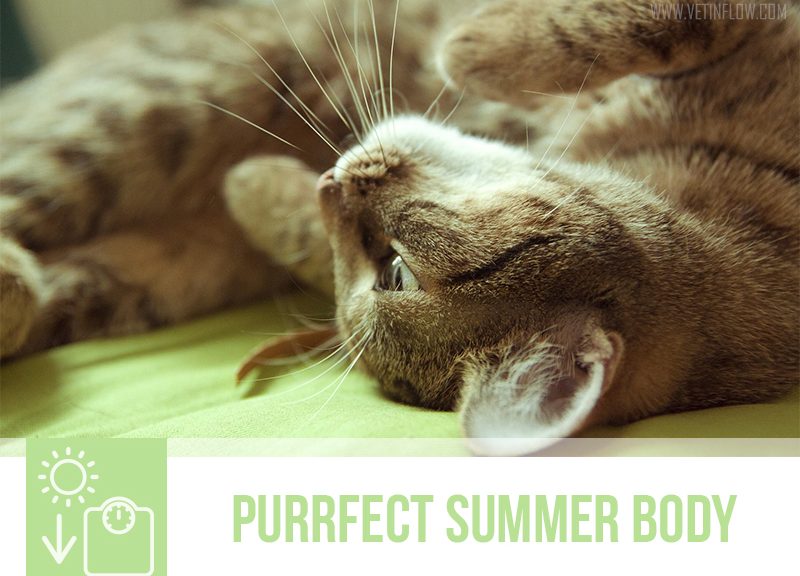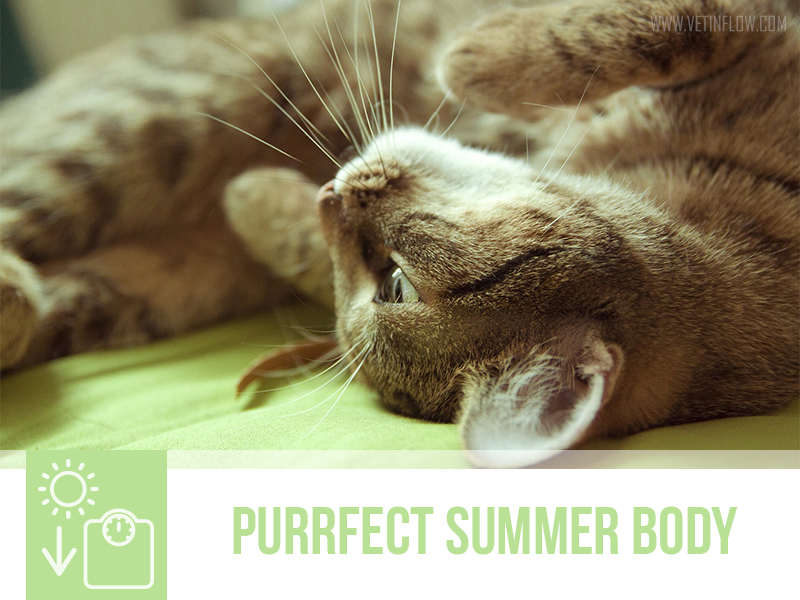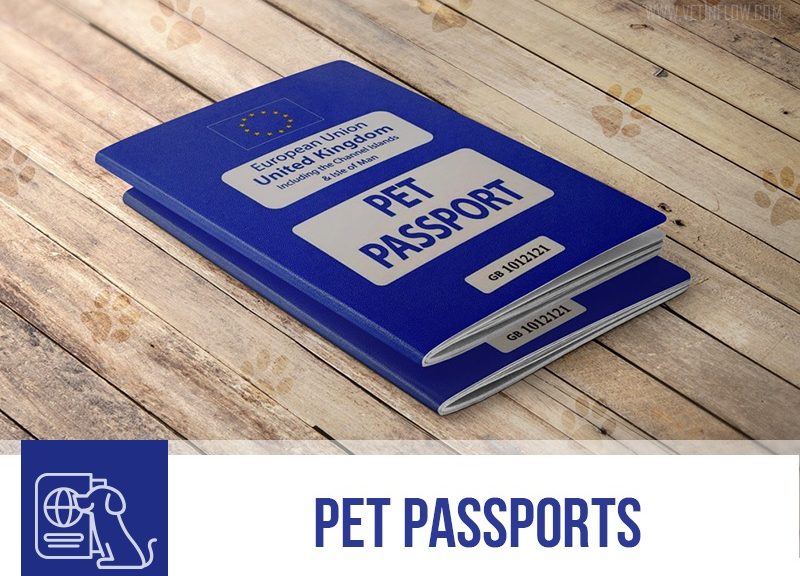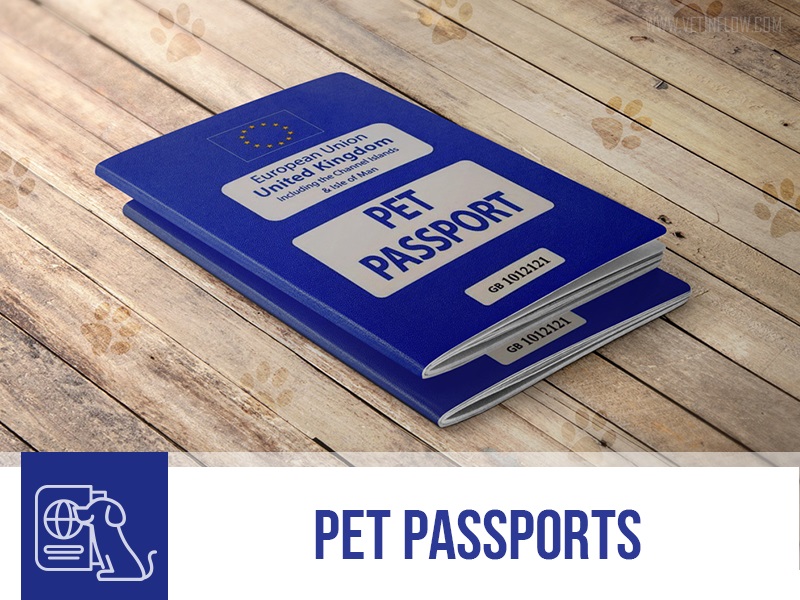Even though your cats won’t be self-conscious about exposing their chubby bodies on the beach this summer, you should be concerned because overweight and obesity, for people and for pets, shouldn’t be seen only as an aesthetic problem. Those extra pounds are harmful to your cats’ health and well-being, as overweight cats are more likely to develop heart problems, joint complaints, respiratory issues, and diabetes among others.
So, what can you do to help your feline friends shed those extra pounds?
There are many approaches to weight loss, and you should always seek veterinary assistance before you start your cat on a weight loss journey. One of these approaches is through taking advantage of a cat’s natural behaviour. If you try to create an environment as close as possible to a cat’s life in the wild, not only will they start to lose weight but they will also be happier.
The first thing you’ll need to address is their food intake. Are your cats eating the right amount of food? How many times a day are they being fed? Is the food you’re feeding them appropriate to their life stage? Are you giving them extra treats? A cat’s natural instinct is to eat small amounts of food, several times a day so try distributing their allowed food into several small portions throughout the day.
The other significant component of virtually every weight loss strategy is an increased activity level.
If your cats are severely overweight, a gentle, gradual start in increasing their activity level is needed. You can do this by making their feeding area a little more difficult to access (e.g. placing their eating bowl in a higher platform), or using a puzzle feeder, adding an extra challenge to an every-day routine.
You can engage in playful activities with your cats by tapping into their predatorial instincts simulating moving prey with different kinds of toys, which will encourage chasing and pouncing and will increase their activity overall.
Having a cat tree or a tall structure that your cats can climb onto is another great way to encourage them to play and stay active, as cats are naturally drawn to higher places which enhance their field of vision significantly.
As cat owners, you’ve probably been awoken several times by strenuous running around at 5 a.m. This is because cats are naturally more active at dusk and dawn and that’s when they’ll be more motivated to play. But don’t let this stop you! You can teach your cats to be more active at more convenient hours.
You’re probably also used to seeing your cat run like crazy for five minutes and then lose complete interest in playing with you or even moving at all. Cats have evolved to move around a lot for short periods of time and then rest for a good while, so don’t be surprised if they don’t care much for playing with you for longer than 10 minutes.
The bottom line is really to get your cat moving, so if you find an effective way of doing so, you’re doing it right!
Keep in mind that weight loss is a challenging, sometimes frustrating journey, but if you keep at it and be patient, you’ll soon see results!
<a href=”https://www.thepetprofessionals.co.uk/courses/feline-courses.php”>Would you like to know more about cats? Check our Feline Courses:
<div class=”col-xs-6 col-sm-2 col-md-2 paddingLeft0 “><img style=”max-width: 100px;” src=”https://www.thepetprofessionals.co.uk/images/courses-icons-feline.jpg” width=”100%” /></div>
<div class=”col-xs-6 col-sm-10 col-md-10 paddingLeft0 “>
<h2>Feline courses</h2>
</div>
</a>



